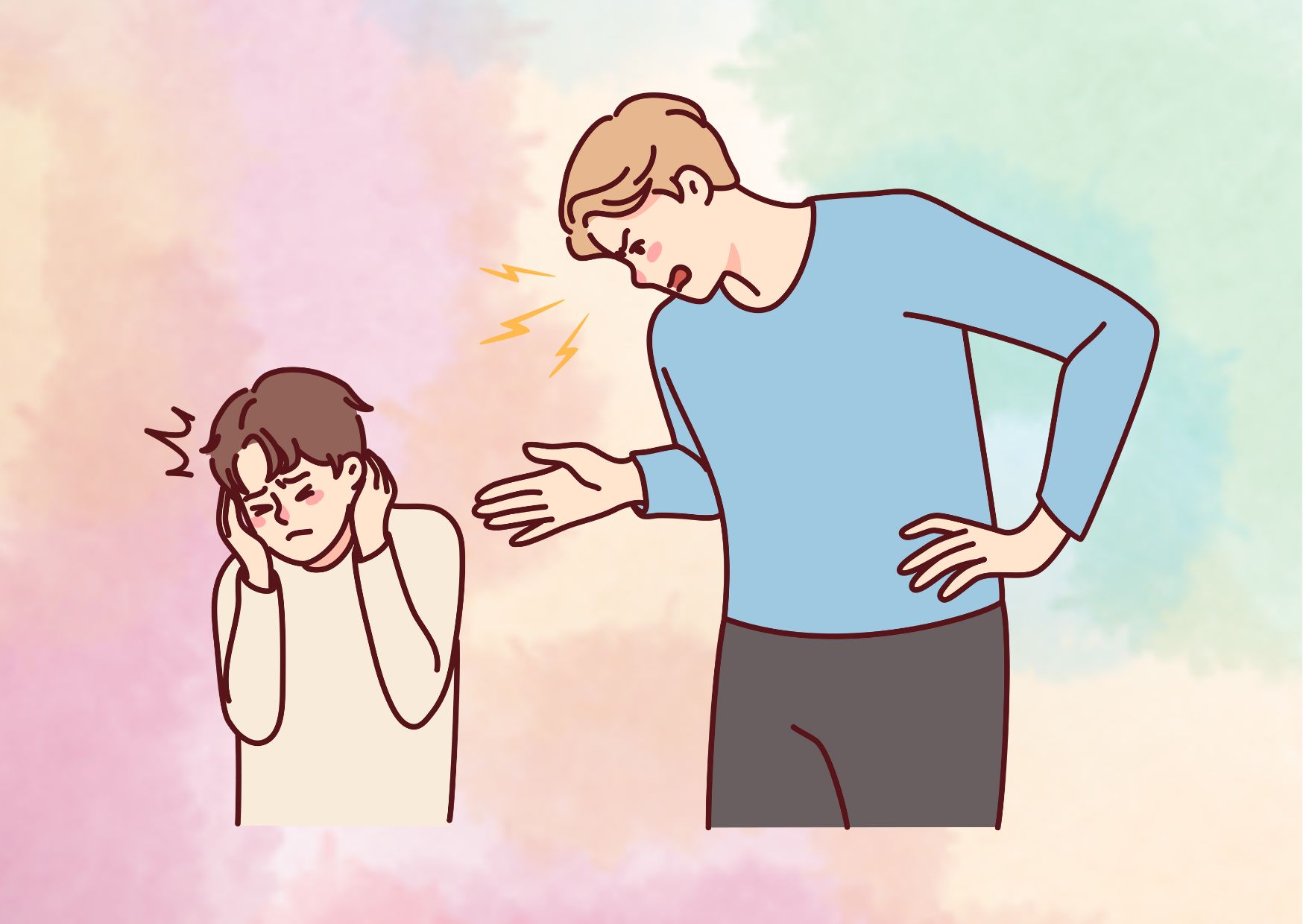Understanding Narcissistic Fathers: Signs, Tactics, and How to Cope
Being raised by a narcissistic father can have a profound impact on a person’s emotional well-being and relationships. These fathers often exhibit manipulative and self-centered behaviors that can leave their children feeling invalidated, anxious, and unworthy. In this comprehensive guide, we will explore the signs of a narcissistic father, delve into the tactics they employ, and provide strategies for coping with this challenging dynamic.
Table of Contents
- Recognizing the Signs of a Narcissistic Father
-
- Conceit and Self-Importance
- Craving Attention and Admiration
- Prioritizing Others’ Opinions over Family’s Needs
- Lack of Nurturing and Praise
- Imposing Unrealistic Expectations
- Lack of Empathy and Using Others for Personal Gain
- Instilling Fear and Walking on Eggshells
2, Tactics Employed by Narcissistic Fathers
-
- Emotional Blackmail
- Gaslighting and Manipulation
- Controlling and Criticizing Behavior
- Withholding Affection and Conditional Love
- Projecting Blame and Invalidating Feelings
3. The Psychological Impact of Growing Up with a Narcissistic Father
-
- Low Self-Esteem and Insecurity
- Difficulty Trusting Others
- Fear of Failure and Perfectionism
- Emotional Neglect and Attachment Issues
- Impaired Self-Identity and Self-Worth
4. Coping Strategies for Dealing with a Narcissistic Father
-
- Setting Boundaries and Prioritizing Self-Care
- Seeking Support from Trusted Others
- Developing Emotional Resilience and Self-Validation
- Exploring Therapy and Counseling Options
- Fostering Healthy Relationships and Building a Support Network
5. Online Counseling and Psychotherapy for Coping with a Narcissistic Father
-
- Convenient and Accessible Mental Health Support
- Professional Guidance and Expertise
- Tailored Techniques and Strategies for Healing
- Confidentiality and Privacy
- Taking the First Step Towards a Happier Life
6. Better Relationships: Breaking the Cycle of Narcissism
-
- Recognizing Narcissistic Patterns in Relationships
- Building Healthy Boundaries and Communication Skills
- Promoting Empathy and Emotional Intelligence
- Seeking Couples Counseling for Relationship Repair
- The Journey to Healthy and Fulfilling Connections
7. Conclusion
Recognizing the Signs of a Narcissistic Father
Growing up with a narcissistic father can be emotionally challenging. Here are some common signs that may indicate you have a narcissistic father:
Conceit and Self-Importance
Narcissistic fathers often exhibit an inflated sense of self and believe they are superior to others. They prioritize their own needs and desires above all else, often leaving their children feeling neglected and unimportant.
Craving Attention and Admiration
A narcissistic father thrives on being the center of attention. They may go to great lengths to gain admiration from others, including exaggerating their accomplishments and using their children’s achievements to boost their own ego.
Prioritizing Others’ Opinions over Family’s Needs
Rather than considering their family’s emotional and physical needs, narcissistic fathers base their decisions on how others perceive them. They may neglect their family’s well-being in pursuit of external validation and approval.
Lack of Nurturing and Praise
Narcissistic fathers struggle to provide emotional support and nurturing to their children. They may withhold praise, dismiss achievements, and focus on criticism, leaving their children with a sense of inadequacy and low self-esteem.
Imposing Unrealistic Expectations
Narcissistic fathers often set impossibly high standards for their children. They may push them to achieve unrealistic goals and become frustrated or critical when these expectations are not met, leading to constant feelings of failure and self-doubt.
Lack of Empathy and Using Others for Personal Gain
Empathy is lacking in narcissistic fathers. They see others as tools to fulfill their own needs and desires, using them for personal gain without considering the emotional impact on their loved ones.
Instilling Fear and Walking on Eggshells
Living with a narcissistic father can be intimidating and unpredictable. Children may constantly feel on edge, fearing their father’s anger or criticism. Walking on eggshells becomes a way of life in order to avoid conflict and maintain some semblance of peace.
Tactics Employed by Narcissistic Fathers
Narcissistic fathers employ various tactics to control and manipulate their children. These tactics can further exacerbate the emotional turmoil experienced by their children. Here are some common tactics used by narcissistic fathers:

